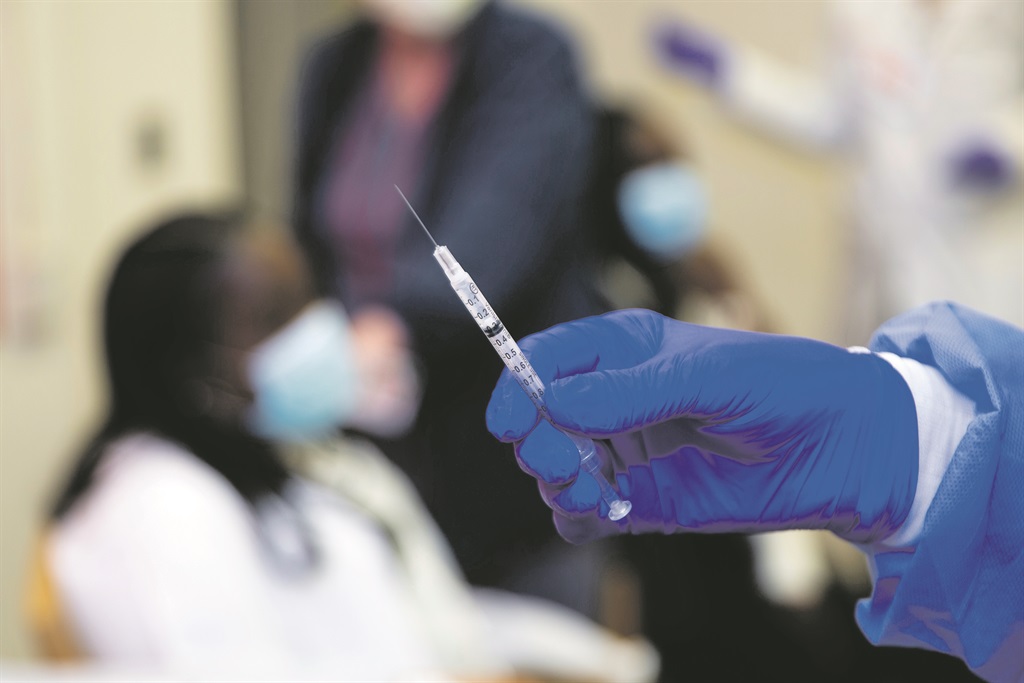
- The rollout of vaccines and policy support in large economies will see global growth expand to 5.5%, up from 5.2% as per the IMF's October 2020 projections.
- The IMF has revised SA's contraction of -8% for 2020 to -7.5%. The country's growth in 2021 is expected to rebound to 2.8%.
- The strength of the recovery will vary across countries and depends on access to medical interventions and effectiveness of policy support, among other factors.
The International Monetary Fund (IMF) expects global growth to rebound to 5.5% in 2021, on the rollout of Covid-19 vaccines and further policy support in large economies.
The IMF on Tuesday released its revised growth projections for 2020 and 2021. It noted that renewed waves and new variants of the coronavirus still pose risks to the outlook.
"Amid exceptional uncertainty, the global economy is projected to grow 5.5% in 2021 and 4.2% in 2022," the report read. The 2021 growth forecast is revised upwards from 5.2% reported in October 2020. The global contraction of -3.5% for 2020 is less severe than the -4.4% projected previously.
"The projected growth recovery this year follows a severe collapse in 2020 that has had acute adverse impacts on women, youth, the poor, the informally employed, and those who work in contact-intensive sectors," the report read. "The strength of the recovery is projected to vary significantly across countries, depending on access to medical interventions, effectiveness of policy support, exposure to cross-country spillovers, and structural characteristics entering the crisis," the IMF added.
Domestically, the IMF expects the SA economy have contracted by 7.5% in 2020, compared to the -8% it pencilled in previously. SA's Reserve Bank similarly revised down its forecast from -8% to -7.1% last week.
The country is expected to rebound with growth of 2.8%, slightly lower than the 3% the IMF previously forecasted.
The Sub-Saharan African region is expected to contract by -2.6% in 2020 and rebound with growth of 3.2% in 2021.
Cooperation to control pandemic
The IMF emphasised the need for cooperation to bring the pandemic under control. "Such efforts include bolstering funding for the Covax facility to accelerate access to vaccines for all countries, ensuring universal distribution of vaccines, and facilitating access to therapeutics at affordable prices for all," the report read.
Earlier during his address to the World Economic Forum, President Cyril Ramaphosa similarly called for collaboration to ensure the equitable distribution of vaccines. He criticised rich countries of hoarding doses, to the exclusion of other countries.
In its baseline assumptions for the growth forecast, the IMF considered that vaccines will be broadly available in advanced economies and emerging market economies by the summer of 2021, and across most countries by the second half of 2022. It also accounted for the possibility of lockdowns, to contain the transmission of new variants before vaccines become widely available.
"With growing vaccine availability, improved therapies, testing, and tracing, local transmission of the virus is expected to be brought to low levels everywhere by the end of 2022," the report read.
The IMF also expects fiscal support in countries like the US and Japan will lift economic activity in these countries and will have spillover effects on trading partners.
The IMF noted that many countries - such as low income countries - had entered the Covid-19 crisis with high debt levels and this will likely increase further. "The global community will need to continue working closely to ensure adequate access to international liquidity for these countries," the IMF said.
